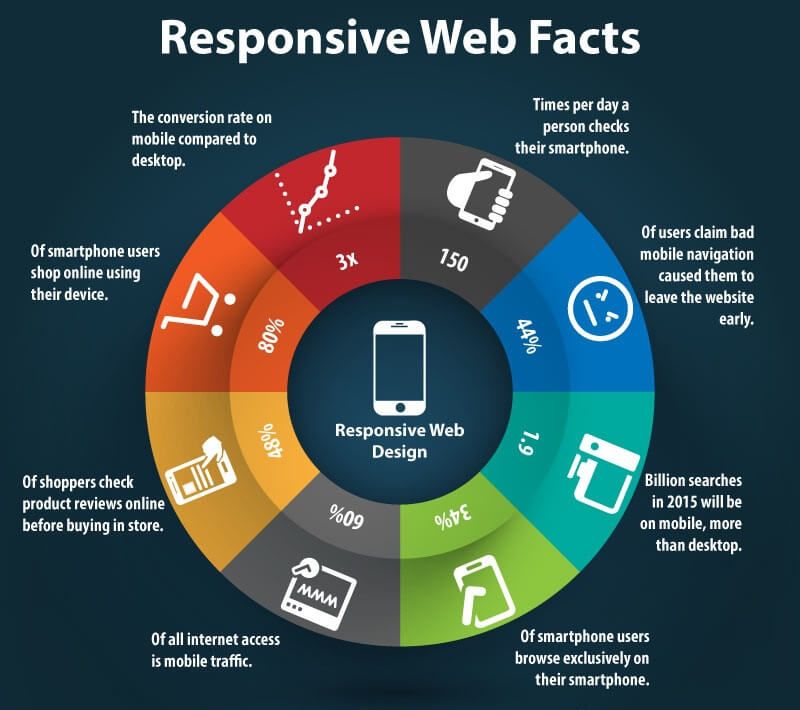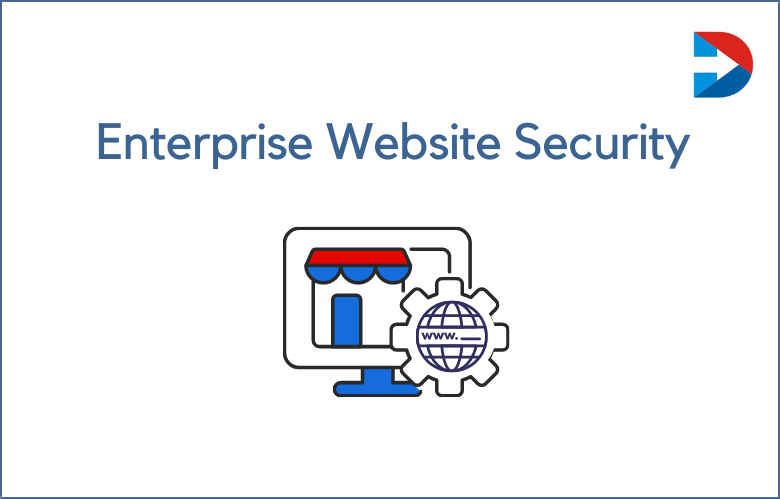In the digital era, having a responsive web design has become essential for businesses and individuals alike. With the increasing usage of mobile devices and varying screen sizes, it is crucial to provide users with a seamless browsing experience regardless of their device. This article explores the importance of responsive web design and its impact on user experience and business success.
Enhanced User Experience
A responsive website adapts to different devices and screen sizes, providing users with an optimized browsing experience. Without a responsive design, users may struggle to view and interact with your website on their mobile devices. The content may appear too small, images might not load correctly, and buttons could be difficult to tap. By implementing responsive design, you ensure that your website looks and functions well across all devices, which leads to better user engagement and satisfaction.
Improved SEO
Responsive web design is significant for search engine optimization (SEO). Search engines like Google prioritize mobile-friendly websites in their search results. A responsive website enables search engines to crawl and index your pages more efficiently, enhancing your website’s visibility and organic search rankings. Additionally, a responsive design helps avoid duplicate content issues that can harm your SEO efforts. By having a single website URL instead of separate ones for desktop and mobile, you consolidate your web presence and improve your chances of ranking higher in the search results.
Cost and Time Efficiency
One of the advantages of responsive web design is that it saves both time and money. Constructing a separate mobile website requires additional resources and maintenance compared to a single responsive website that caters to all devices. With a responsive design, you only need to update and maintain one website, simplifying the development process and reducing associated costs. Moreover, responsive websites are easier to manage in terms of content updates and bug fixes, allowing you to focus on other important aspects of your business.
Higher Conversion Rates
A responsive website can significantly impact your conversion rates. When users can easily navigate and interact with your website, they are more likely to stay longer, explore more content, and complete desired actions such as making a purchase or filling out a form. On the other hand, if users encounter difficulties when accessing your website on their mobile devices, they may bounce back and turn to a competitor with a more user-friendly interface. By investing in responsive design, you increase the chances of converting your website visitors into valuable leads or customers.
Positive Brand Perception
A visually appealing and well-functioning website is essential for creating a positive brand perception. When users encounter a website that seamlessly adjusts to their device, they perceive the brand behind it as modern, professional, and attentive to their needs. On the contrary, a website that fails to provide a responsive experience may leave users with a negative impression of your brand, damaging your reputation and credibility. By investing in responsive design, you demonstrate your commitment to delivering a high-quality user experience and reinforce a positive brand image.
Conclusion
Responsive web design is no longer a luxury but a necessity in today’s digital landscape. It ensures that your website provides an optimal browsing experience across various devices, enhances your SEO efforts, saves time and money, boosts conversion rates, and cultivates a positive brand perception. Embracing responsive design keeps your business competitive in the online realm and allows you to connect with your target audience effectively.


